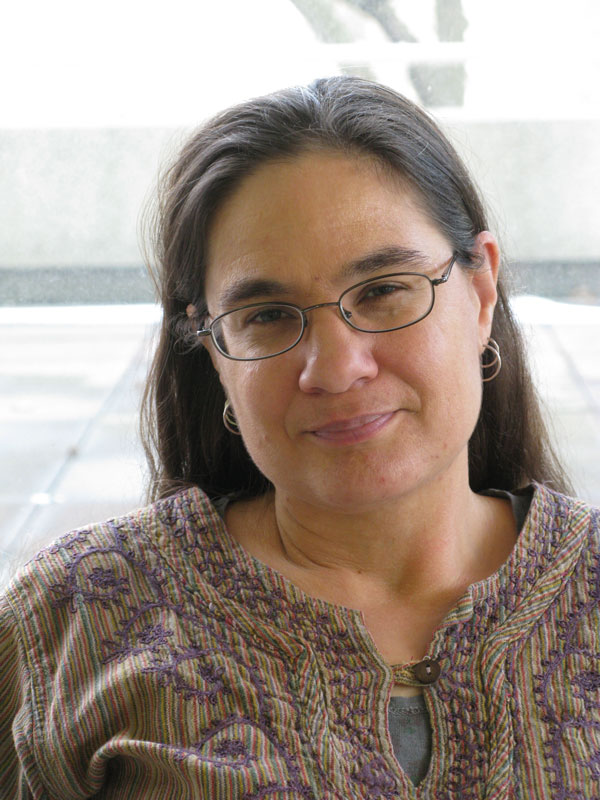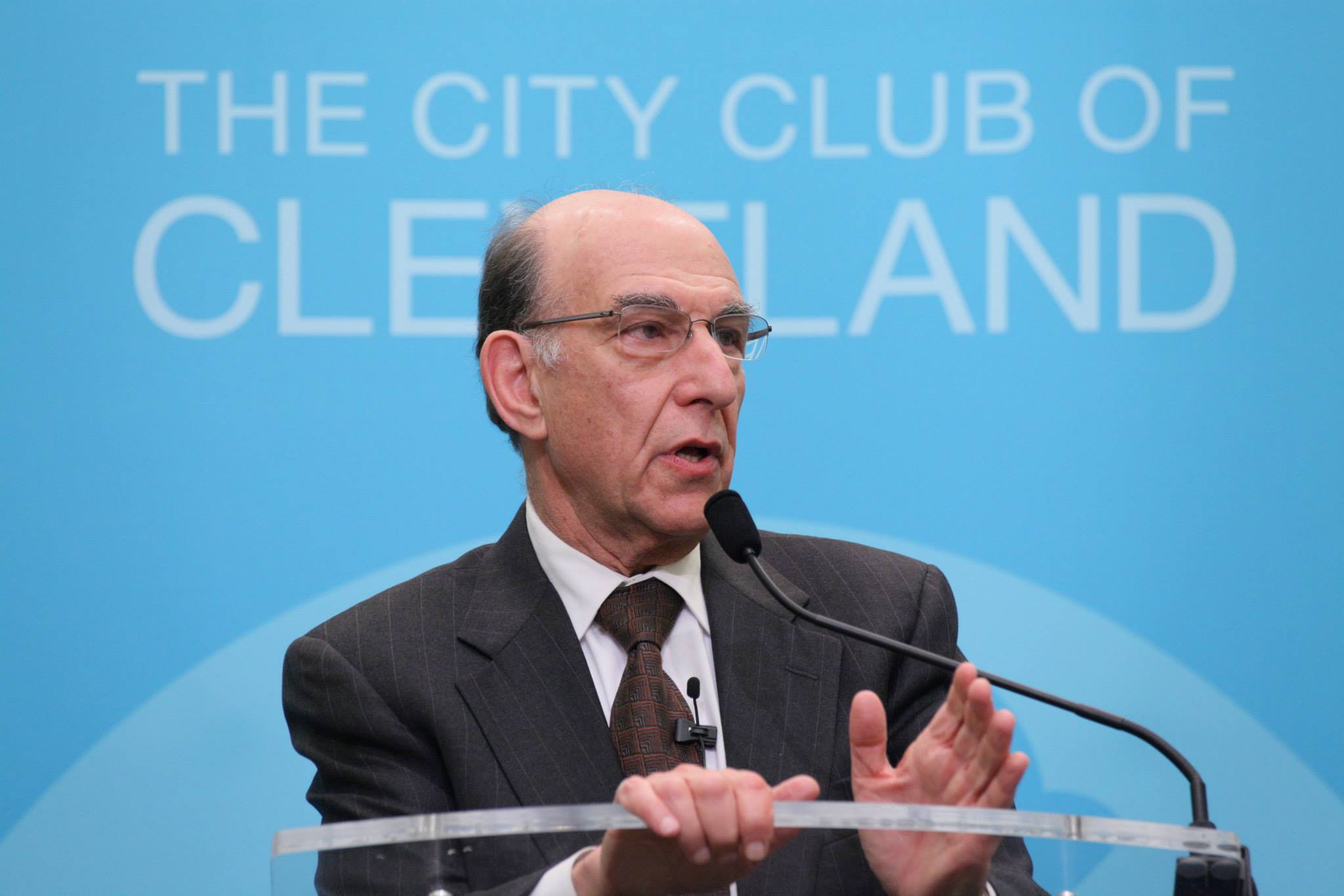
An introspective, respectful and sold-out City Club audience gathered to consider the long march to equality for transgender people in Northeast Ohio. Activist Stacey Parsons spoke directly to the elected officials in the room: “Without your support, nothing can change. Your being here says so much to the community.”
Darius Stubbs, a Cleveland teaching artist, added that “public policy helps change the city and if changes are made there, then people have to evaluate where they stand personally.”
The session opened with Dr. Kevin Ng, who directs the MetroHealth’s PRIDE Clinic, where he estimates two-thirds of his patients are transgender. He began with a quick lesson: Biological sex is the sex assigned at birth, whereas gender identity is how people see themselves when they close their eyes. On the flip side, gender expression is how people choose to present themselves the outside world. A person is transgender when their biological sex and gender identity don’t coincide.
Parsons was congenial and straightforward: “Ask questions if you have a question. Kids learn from how you treat us.”
Whatever the stogy Midwest stereotype, Cleveland is a leader in anti-discrimination measures for the LGBT community, said Susan J. Becker, a Cleveland State University law professor. But there is still room for growth. She mentioned the proposed city ordinance that would require public spaces such bathrooms and locker rooms to be available on a nondiscriminatory basis. This law would allow transgender individuals to use the restroom they feel most comfortable in.
Actually passing such measures requires much community education, Ng said, noting that it could begin in hospitals and clinics. Most medical schools offer only five hours of instruction regarding LGBT care, he said. “And the ‘T’ is usually the smallest part.”
Patients who are transgender often meet hostility instead of “care.” Parsons said, “Physicians have told me they don’t want to deal with me and will treat me like a man” as the room went silent. “If that’s not the most dehumanizing thing…” And Stubbs said his doctor sent a letter suggesting he seek a different care provider. Becker said there is little legal recourse: in only one third of states is discrimination against transgender people illegal.
Moderator Connie Schultz asked how journalists can produce more accurate reporting of transgender issues.
“It’s horrifying when [journalists] misgender someone,” Parsons responded. “They’ll write, ‘an oddly dressed man, wearing women’s clothing.’ That’s obviously a transgender individual. It’s a blatant disrespect to the individual. All it does is bring negative attention to the transgender community.”
When Stubbs was asked if he faced any particular challenges transitioning as a person of color, his response was sobering.
“I’ve become very aware of how differently black men are treated in society,” he said carefully. “I’m very aware of the palpable fear that comes from people, when they are trying to engage a man of color. There’s an immediate feeling of ‘you are a predator’ that comes off when you talk to people. It’s something I’m still having to deal with.”



